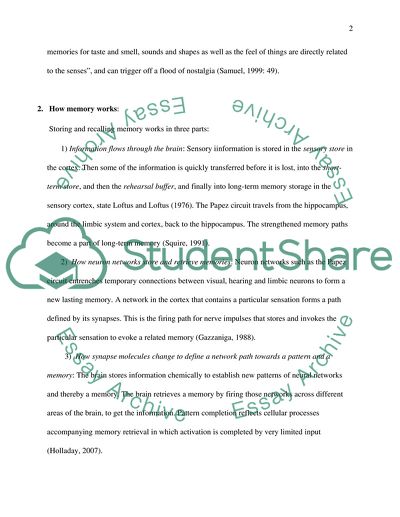Cite this document
(“Human Memory Essay Example | Topics and Well Written Essays - 1000 words”, n.d.)
Retrieved from https://studentshare.org/miscellaneous/1542267-human-memory
Retrieved from https://studentshare.org/miscellaneous/1542267-human-memory
(Human Memory Essay Example | Topics and Well Written Essays - 1000 Words)
https://studentshare.org/miscellaneous/1542267-human-memory.
https://studentshare.org/miscellaneous/1542267-human-memory.
“Human Memory Essay Example | Topics and Well Written Essays - 1000 Words”, n.d. https://studentshare.org/miscellaneous/1542267-human-memory.


